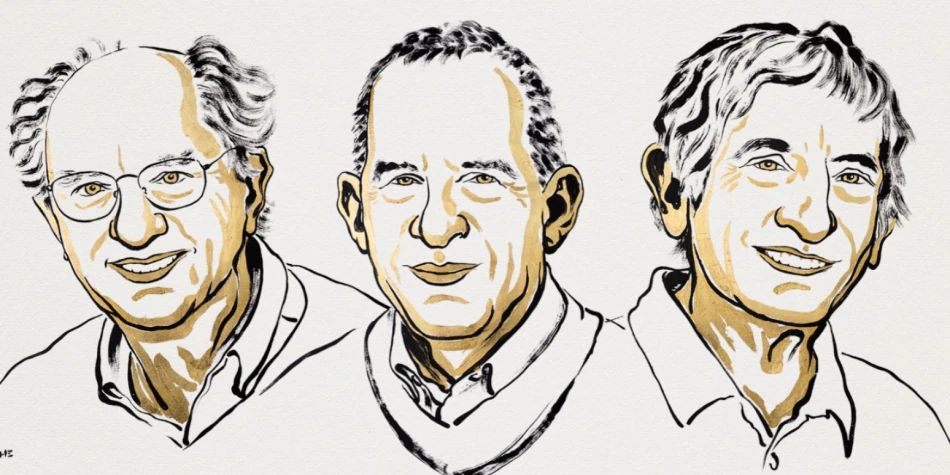
Quantum Computing Pioneers Honored with Nobel Prize in Physics: Clarke, Devereaux, and Martinis
The Nobel Committee awarded the 2025 Physics Prize to three scientists who made a breakthrough in quantum mechanics that could change how we build computers and electronic devices. John Clarke, Michel Devoret, and John Martinis won for discovering macroscopic quantum mechanical tunneling and energy quantization in electrical circuits.
Here's why this matters: These scientists figured out how quantum effects - the weird physics that usually only happens at the tiniest scales - can work in circuits big enough to see and use. This discovery forms the foundation for quantum computers, which tech companies like Google and IBM are racing to perfect.
The Royal Swedish Academy of Sciences announced the award Tuesday. The three winners will split the 11 million Swedish kronor prize (about $1.2 million), which is standard when multiple scientists share the honor.
Their work bridges a crucial gap between quantum theory and practical applications. Before their discoveries, scientists knew quantum effects existed but couldn't reliably control them in electronic circuits. Clarke, Devoret, and Martinis showed how to make quantum tunneling happen predictably in circuits, essentially creating the building blocks for quantum technology.
This has huge implications for computing power. Traditional computers process information in bits that are either 0 or 1. Quantum computers use quantum bits that can be both 0 and 1 simultaneously, potentially solving certain problems millions of times faster than today's best supercomputers.
The financial stakes are massive. Companies and governments have invested billions in quantum computing research, betting it will transform everything from drug discovery to financial modeling. The global quantum computing market could reach $65 billion by 2030, according to industry analysts.
But here's the thing - we're still years away from quantum computers replacing your laptop. The technology works best for specific problems like breaking encryption codes or simulating molecular behavior. For most everyday tasks, traditional computers will remain the better choice for the foreseeable future.
Most Viewed News

 Sara Khaled
Sara Khaled






